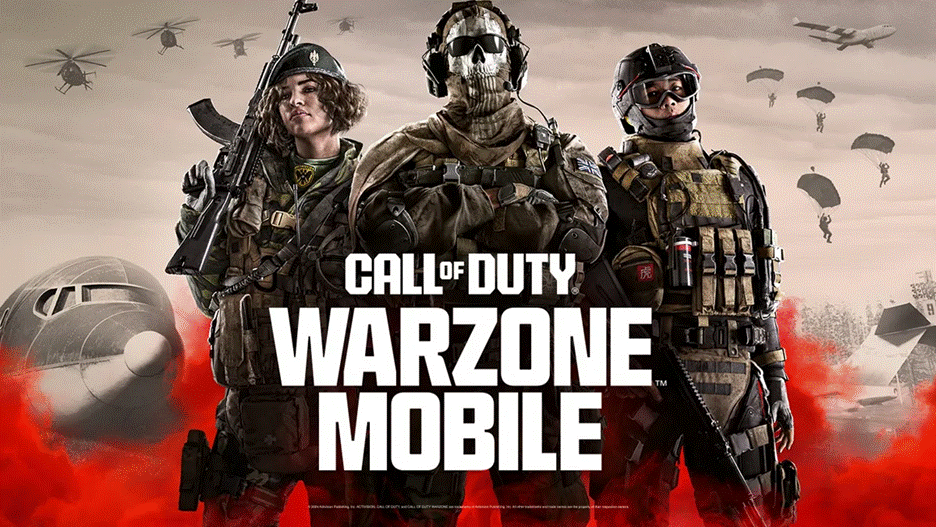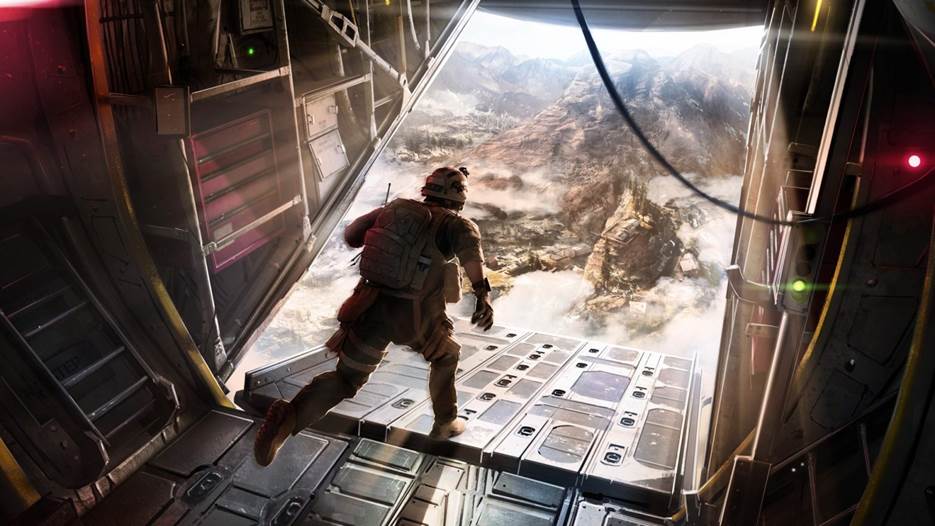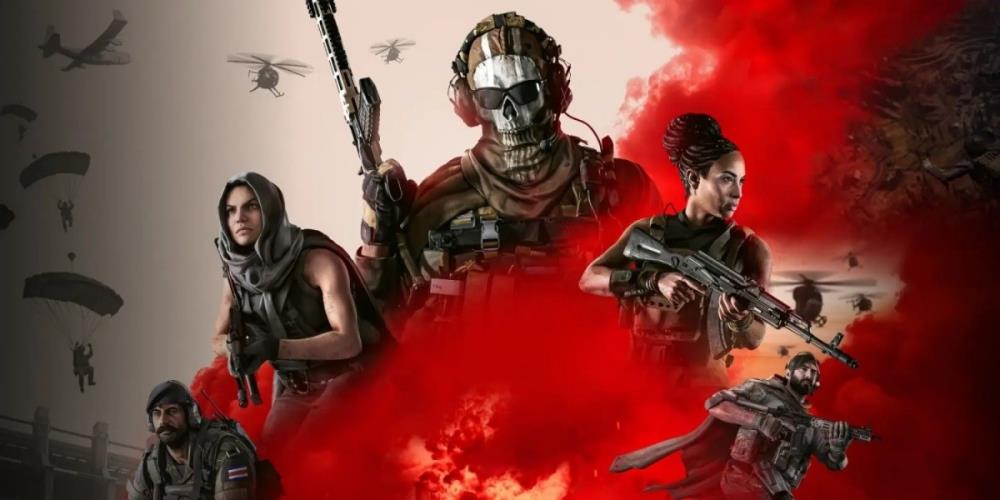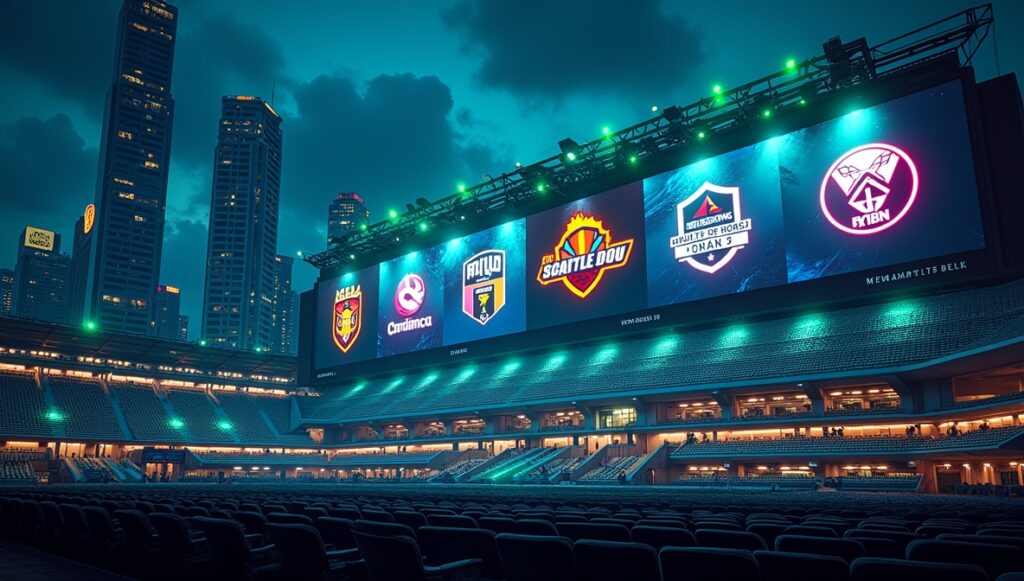Activision is ending support for Call of Duty: Warzone Mobile just over a year after launch. Here’s why the game is being delisted, what players can still do, and how it compares to COD Mobile’s success.
Activision has officially announced the end of support for Call of Duty: Warzone Mobile, its free-to-play mobile battle royale spin-off. Launched in March 2024 for iOS and Android, the game was envisioned as an extension of the Warzone experience on consoles and PC, complete with shared progression and content. However, just over a year later, the company has confirmed that Warzone Mobile will no longer receive new content or gameplay updates, and will be removed from app stores by May 18, 2025.
The announcement was made via the game’s official Twitter (X) account and followed up with a detailed FAQ. According to Activision, the mobile title “has not met our expectations with mobile-first players like it has with PC and console audiences.” As a result, effective immediately, all sales of Call of Duty Points and Black Cell content have been disabled. The final date to download the game from the Google Play Store and Apple App Store is Sunday, May 18, 2025. Social features tied to mobile platforms will also be retired on that date.

Despite the game’s delisting, players who already have the app installed by May 19, 2025, can continue playing. Online servers will remain active for now, and there is currently no shutdown date. Cross-progression between Warzone Mobile and the console/PC versions will also remain functional, and any remaining in-game currency can still be used in the store.
The closure comes after a rocky launch period. Reports indicate that Warzone Mobile earned just $1.4 million in its first four days, a stark contrast to 2019’s Call of Duty: Mobile, which generated $4.2 million over the same timeframe. This 67% drop in launch revenue was an early warning sign of the game’s struggle to gain traction in the highly competitive mobile gaming space.
Warzone Mobile was co-developed by several Activision-owned studios, including Beenox, Digital Legends, Solid State Studios, and Activision Shanghai. It featured classic maps like Verdansk and Rebirth Island and aimed to bring an authentic Warzone experience to mobile devices. However, the game’s performance failed to match the expectations set by its predecessor, Call of Duty: Mobile, which continues to be supported and has built a large, loyal player base since its launch.

In their farewell message, Activision thanked fans for their passion and offered “special incentives” for Warzone Mobile players in Call of Duty: Mobile, encouraging them to transition to the more successful title.
In the end, Call of Duty: Warzone Mobile serves as a cautionary tale about the challenges of translating a console and PC experience into the mobile format. Even with one of the biggest IPs in gaming behind it, success in the mobile space is never guaranteed.
Read the latest game tournaments and eSports news via Tournova.









